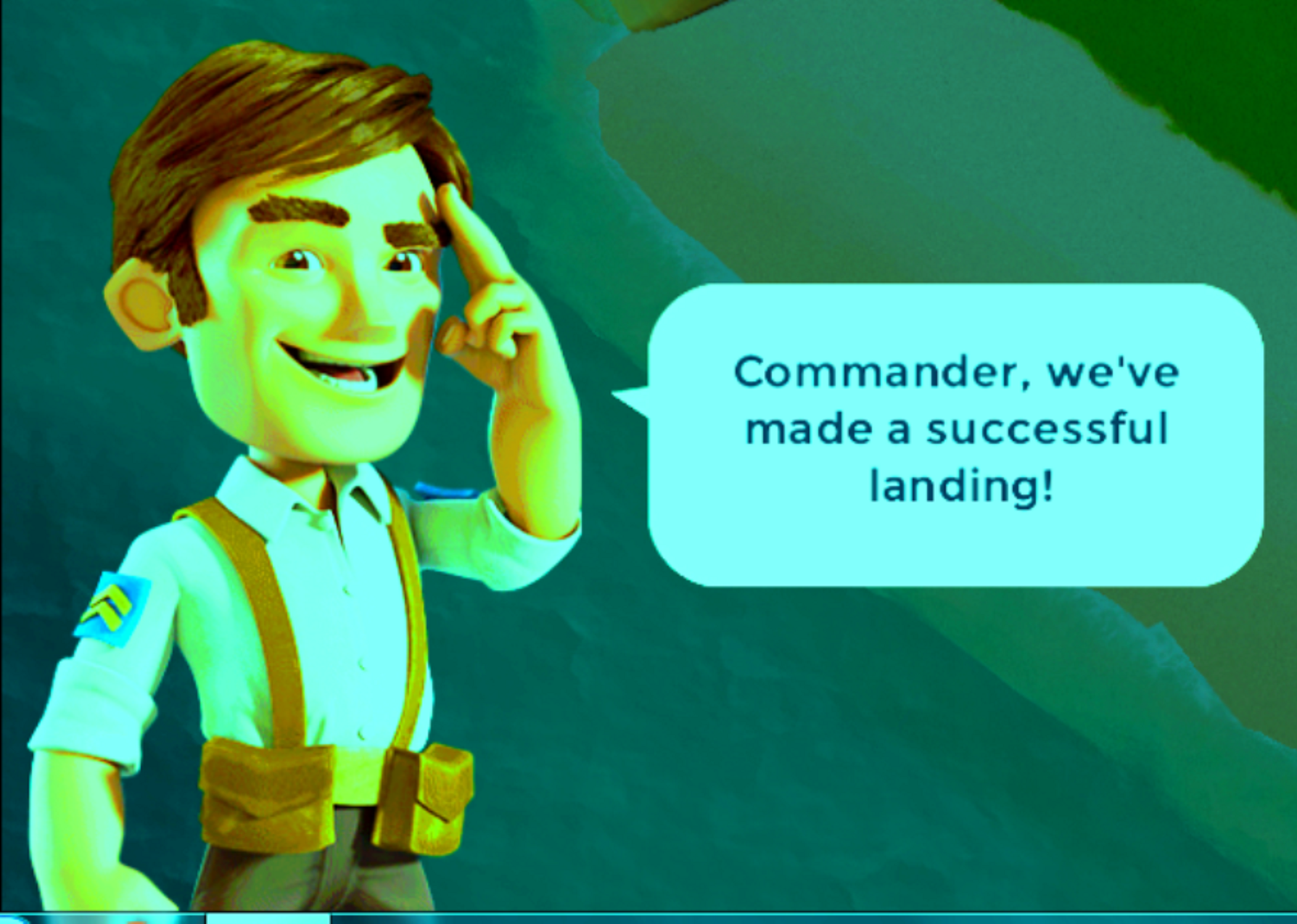The Ukraine Russia war and America’s role
Wars sometimes start easily, but it is a tenet of strategy that they are always unpredictable and extremely hard to end. Putin’s war of choice in Ukraine is already escalating faster than most experts would have imagined just a week ago. He has now encircled major Ukrainian cities with his army and threatens to flatten them with thermobaric weapons, cluster munitions, and guided missiles. This will terrorize the civilian population and could demoralize the budding Ukrainian resistance. He could escalate the conflict to another region, such as the Balkans, where long-standing conflicts fester and Russia has an extensive network of intelligence and security services. He may turn the lights off in a major U.S. city with a cyber attack. Most frighteningly, he has raised the alert level of Russian nuclear forces and may be considering introducing martial law.
Meanwhile, NATO, the G7, and a host of other countries have turned the dial of economic punishment up to unprecedented levels. Several European nations that had previously hesitated to involve themselves militarily in the conflict have now done so, sending weapons and financing Ukraine’s resistance. A growing number of voices in Washington are clamoring for a more aggressive approach from the United States and NATO, pressuring the White House to support a Ukrainian insurgency with a broad menu of weaponry or even calling for NATO to impose a no-fly zone over Ukraine.
Amid this escalation, experts can spin out an infinite number of branching scenarios on how this might end. But scores of war games conducted for the U.S. and allied governments and my own experience as the U.S. national intelligence officer for Europe suggest that if we boil it down, there are really only two paths toward ending the war: one, continued escalation, potentially across the nuclear threshold; the other, a bitter peace imposed on a defeated Ukraine that will be extremely hard for the United States and many European allies to swallow.
* * *
Putin deliberately frames his operation in Ukraine in the same way that the United States has framed its own regime-change operations in Kosovo, Iraq, and Libya, charging that Ukraine has committed human rights violations and is a terrorist state. For good measure, Putin throws in the ludicrous assertion that Ukraine is fascist. These are transparent fig leaves for what is nothing more than a war of brute imperialism.
Judging from how things stand now, Putin, having invested so much in this war already, seems unlikely to settle for anything less than the complete subjugation of the Ukrainian government. If the current uneven pace of Russian military progress doesn’t accomplish the job, the most likely strategy for doing this is to make an example of a city like Kharkiv, leveling it as if it were Grozny or Aleppo, both cities that Russia has brutally destroyed in the recent past, and then threatening to burn Kyiv to the ground. He can accompany this with special forces attacks in the capital to disrupt the civilian population and sow further confusion and discontent. Ultimately, he needs at least to force the ouster of President Volodymyr Zelensky and his government.
In this case, Russia will install a puppet government in Kyiv, which will sign terms of surrender highly favorable to Russia. The terms will almost certainly include a pledge of Ukrainian neutrality, and might go further by committing Ukraine formally to Russia’s sphere of influence with a membership in Russia’s Collective Security Treaty Organization or its Eurasian Economic Union.
At this juncture, the United States and its allies would face an extraordinarily difficult policy choice. Disgust with Putin’s war has greatly increased the chances that Washington and some of its allies would seek to fight on, for instance by supporting a Ukrainian insurgency. This would roughly mirror the strategy that the United States used to assist French resistance against Nazi Germany in World War II. The more effective NATO support to the insurgency is, the more the Kremlin would likely be willing to risk attacks on safe havens in NATO territory—most likely employing irregular forces or even the infamous Wagner Group, a private organization that operates globally as a quasi-special force of the Kremlin. These operations could lead to a massive escalation that would open the door to a much wider war between NATO and Russia—exactly the war that U.S. President Joe Biden has been trying to avoid.
Alternatively, the insurgency might greatly weaken Russian forces. The Ukrainian insurgent army could impose heavy damages on Russian forces and erode Putin’s position among Russian elites, on whose support he depends for power. Ukrainian forces would have major incentives to take their fight inside Russian territory, attacking Russia’s rearguard in Belarus and Russia itself.
There are possible other paths toward further escalation, but they all eventually lead toward the nuclear threshold. Scores of war games carried out by the United States and its allies in the wake of Russia’s 2014 invasion of Ukraine make it clear that Putin would probably use a nuclear weapon if he concludes that his regime is threatened. It is hard to know exactly what turn of events would scare him enough to cross the nuclear threshold. Certainly a large NATO army entering Russian territory would be enough. But what if events in Ukraine loosened his grip on power at home? Indeed, achieving regime change in Russia indirectly by making Putin lose in Ukraine seems to be the logic behind some of those who are pushing for escalation today.
Moving across the nuclear threshold wouldn’t necessarily mean an immediate, full-force nuclear exchange—in other words, global thermonuclear war. But it would be an extremely dangerous, watershed event in world history.
The nuclear option that has been most frequently discussed in the past few days involves Russia using a small nuclear weapon (a “non-strategic nuclear weapon”) against a specific military target in Ukraine. Such a strike might have a military purpose, such as destroying an airfield or other military target, but it would mainly be aimed at demonstrating the will to use nuclear weapons, or “escalating to de-escalate,” and scaring the West into backing down.
Some analysts have questioned Russia’s ability to actually carry out such an operation, given its lack of practice. Unfortunately, this isn’t the only or even the most likely option available to the Kremlin. Based on war games I ran in the wake of Putin’s 2014 invasion, a more likely option would be a sudden nuclear test or a high-altitude nuclear detonation that damages the electrical grid over a major Ukrainian or even NATO city. Think of an explosion that makes the lights go out over Oslo.
Those war games indicated that the best U.S. response to this kind of attack would be first to demonstrate U.S. resolve with a response in kind, aimed at a target of similar value, followed by restraint and diplomatic efforts to de-escalate. In most games, Russia still responds with a second nuclear attack, but in the games that go “well,” the United States and Russia manage to de-escalate after that, although only in circumstances where both sides have clear political off-ramps and lines of communication between Moscow and Washington have remained open. In all the other games, the world is basically destroyed.
Even in the better case where both sides take their fingers off the triggers, the nuclear taboo has been broken, and we are in an entirely new era: two nuclear superpowers have used their nuclear weapons in a war. The proliferation consequences alone would be far-reaching, as other countries accelerate their nuclear weapons programs. The very fact that the nuclear taboo had been broken increases the odds that the nuclear threshold is crossed again in future conflicts, not just between Russia and America, but also with China, between India and Pakistan, in the Middle East, or elsewhere. Even this outcome in which the world is “saved,” the United States is far worse off than it was before the war in Ukraine broke out last month.
* * *
What is the alternative? Once again, infinite scenarios and branches are possible, but there is a single basic one that helps to simplify thinking. It begins with an effort to avoid further escalation today. So far, the Biden administration has wisely restrained direct U.S. military involvement in the conflict, but holding off against the rising chorus of voices pushing for escalation may be hard in the coming days if Russian forces brutally devastate Ukraine’s cities. But the most difficult challenge lies a little further down the road with the scenario described above: how to respond if Russia imposes a puppet regime in Ukraine. This would put the United States in the near-impossible position of having to choose between further escalation and compromising on the very principles that drove it toward the war in the first place—the right of a nation like Ukraine to be free and independent of subjugation to foreign rule.
In this scenario, the Biden administration would have to show extraordinary leadership and strength to hold together its coalition and steer it toward restraint. It would face extremely high levels of pressure from European capitals, Ukrainian lobbies, and others to reject the puppet government and fight on, perhaps by recognizing a Ukrainian government-in-exile. The administration is already facing calls from hawkish corners of Washington to preempt any negotiated settlement to this war. Emotions are likely to have a much greater effect on the free democracies fighting for Ukraine than on the autocrat sitting in the Kremlin, but they will affect both sides. As they escalate, the prospects of negotiation diminish further.
Would NATO’s door remain open to a Russian-dominated Ukraine? Probably, but it would be similar to claiming that NATO’s door is open to North Korea or Iran (which it theoretically is). All of the consequences that are likely from this conflict—growing conventional force buildup on the NATO-Russia border, higher levels of defense spending in the United States at the expense of domestic programs, an end to efforts to draw down U.S. military posture in the Middle East, and fewer resources for strategic competition with China—would still be a better outcome than the alternative, in which nuclear weapons have been used.
Wars can start quickly or slowly, but it is a dictum of strategy that once started, they take on a logic of their own. It is not too soon to think about how to bring this war to a close. The chances that Putin emerges strategically weak are real. But that does not mean the United States can win. It will have to settle for a picture that is much uglier than it was before the war, and the sooner Washington accepts that, the better. more

















